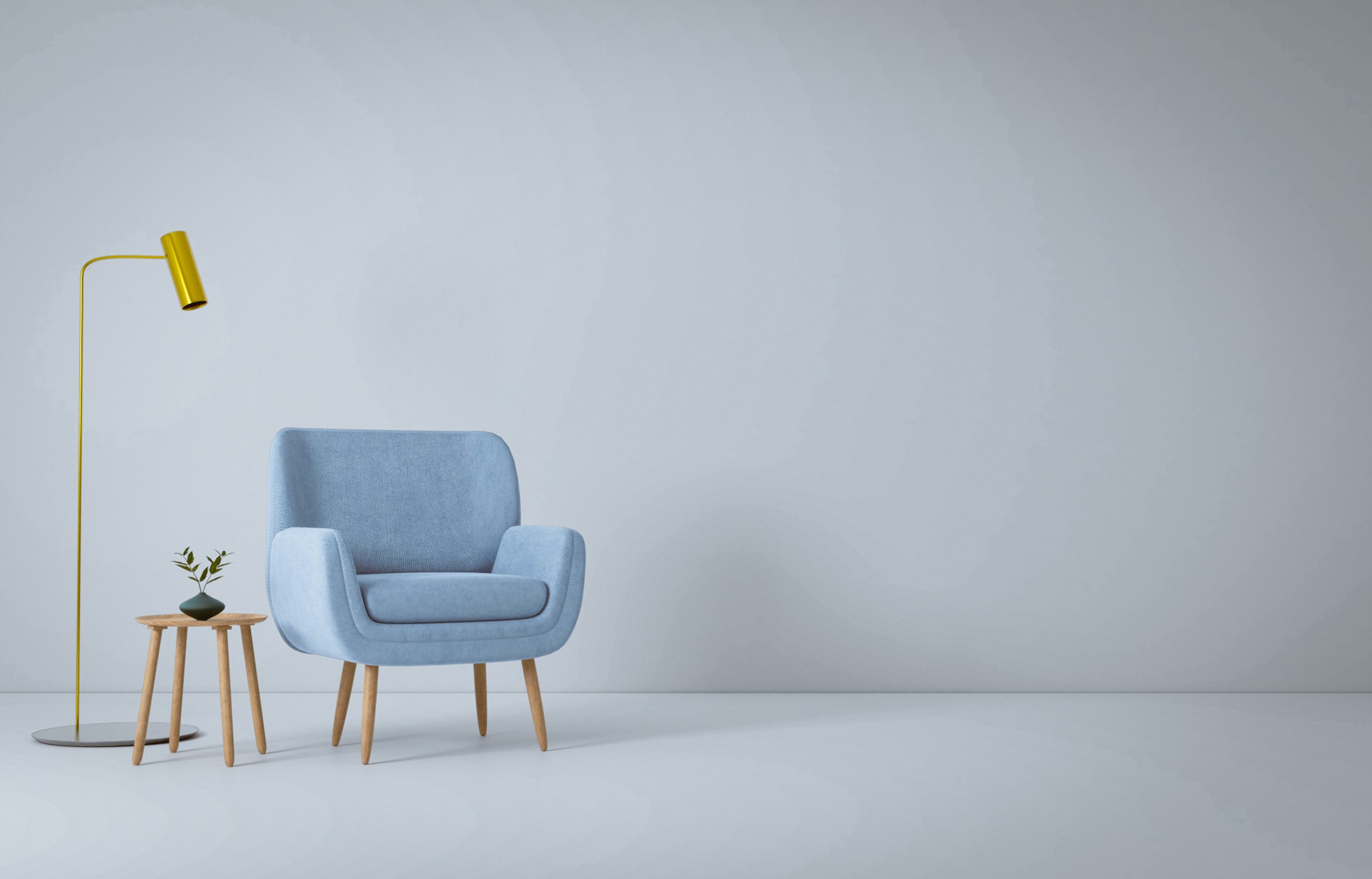Interior design is a field that combines creativity, technical skills, and a keen eye for aesthetics. If you have a passion for transforming spaces and creating beautiful and functional environments, a career as an interior designer may be the perfect fit for you. However, becoming a successful interior designer requires a combination of education, experience, and certain qualifications. In this article, we will explore the qualifications needed to pursue a career in interior design.
Educational Requirements
To start a career in interior design, obtaining a relevant degree or diploma is often the first step. While a formal education is not always mandatory, it can greatly enhance your knowledge and skills in the field. Many universities, colleges, and design schools offer programs in interior design, interior architecture, or a related discipline.
These programs typically cover various aspects of interior design, including design theory, space planning, color theory, drafting, computer-aided design (CAD), and materials and finishes. They also provide opportunities for hands-on experience through internships or design projects.
Certification and Licensing
Although certification and licensing requirements vary by country and state, obtaining professional certifications can significantly boost your credibility and marketability as an interior designer. The most widely recognized certification in the United States is the National Council for Interior Design Qualification (NCIDQ) certification.
To be eligible for the NCIDQ certification, you must have a combination of education and experience. This usually includes a minimum of a bachelor’s degree in interior design from an accredited institution, along with a certain number of years of professional experience. Additionally, you must pass the NCIDQ examination, which tests your knowledge and skills in various areas of interior design.
Some states also require interior designers to be licensed. Licensing typically involves passing an examination that assesses your competency in areas such as building codes, safety regulations, and professional ethics. It is important to research the specific requirements of the state or country in which you wish to practice as an interior designer.
Skills and Attributes
In addition to formal education and certification, there are certain skills and attributes that are crucial for a successful career in interior design. These include:
- Creativity: Interior designers must have a strong sense of creativity and the ability to think outside the box. They should be able to come up with innovative design concepts and solutions.
- Attention to Detail: A keen eye for detail is essential in interior design. From selecting the right color scheme to choosing the perfect furniture and accessories, every element must be carefully considered.
- Communication: Interior designers often work closely with clients, architects, contractors, and other professionals. Effective communication skills are necessary to understand clients’ needs and preferences and to collaborate effectively with others.
- Technical Skills: Proficiency in computer-aided design (CAD) software, knowledge of building codes and regulations, and an understanding of construction processes are important technical skills for interior designers.
- Business Acumen: Many interior designers are self-employed or work in small firms. Having a basic understanding of business principles, such as budgeting, project management, and marketing, can contribute to a successful career.
Experience and Portfolio
Building a strong portfolio is crucial for interior designers. Clients and employers often evaluate designers based on their previous work. Aspiring interior designers can gain experience by working on real-world projects, participating in internships, or assisting established designers.
Creating a portfolio that showcases your skills and design style is essential. Include a variety of projects, such as residential, commercial, and hospitality, to demonstrate your versatility and expertise.
Continuing Education
The field of interior design is constantly evolving, with new trends, materials, and technologies emerging. To stay up-to-date and maintain a competitive edge, it is important for interior designers to engage in continuing education. This can involve attending workshops, conferences, or seminars, as well as keeping up with industry publications and online resources.
By obtaining the necessary education, certifications, and experience, as well as developing the required skills and attributes, you can position yourself for a successful career as an interior designer. Remember, the journey to becoming a qualified interior designer is a continuous process of learning and growth.

